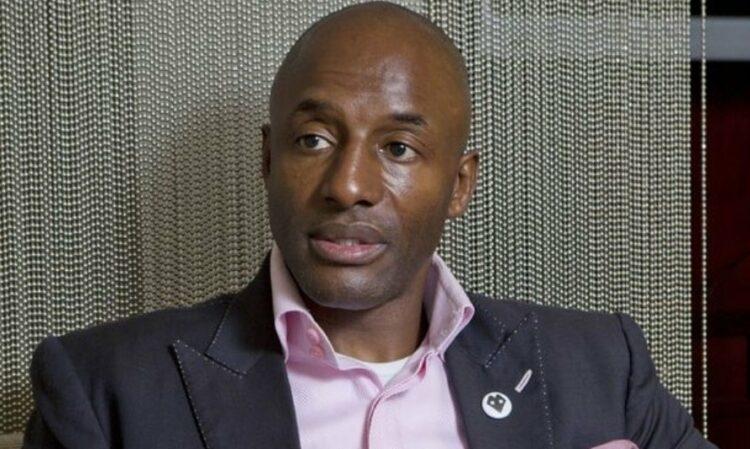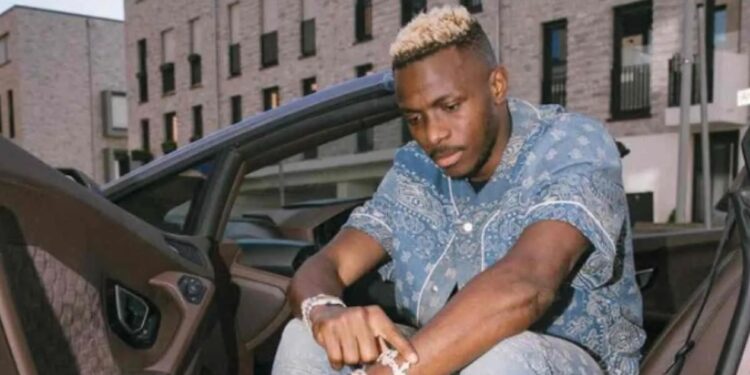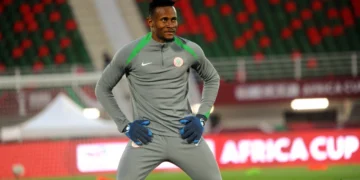Former England striker John Fashanu has opened up on why he never wore the green and white of Nigeria, saying he was asked to pay money before being allowed to play for the Super Eagles, Footynaija.com reports.
Fashanu, who was born in London to a Nigerian father and Guyanese mother, enjoyed a successful club career, most notably with Wimbledon where he won the 1988 FA Cup after upsetting Liverpool at Wembley.
He also played for Aston Villa, Crystal Palace and Norwich City before retiring with more than 100 career goals.
The ex-forward was eligible to represent Nigeria and was invited to camp on several occasions, but he says corrupt practices blocked his path to the national team.
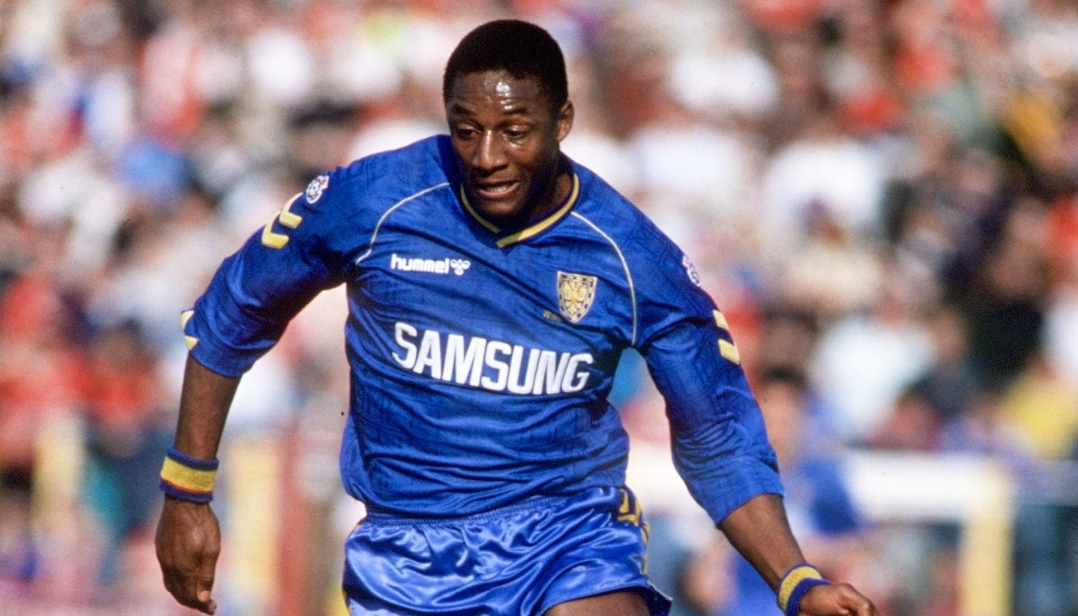
“We’ve got issues here and I’m not saying who the coach was. Coach said, ‘John Fashanu, you’re a great player. You want to be a Super Eagles player? Then you’ve got to put down X amount’,” the former Aston Villa man alleged, as reported by The Sun Nigeria.
According to him, his refusal to part with money meant he was dropped.
“I told him I didn’t have that money. I’d just come from an English family, we had no money. He said, ‘Well if you don’t have that money, I don’t have that money, so let’s leave it’,” Fashanu added.
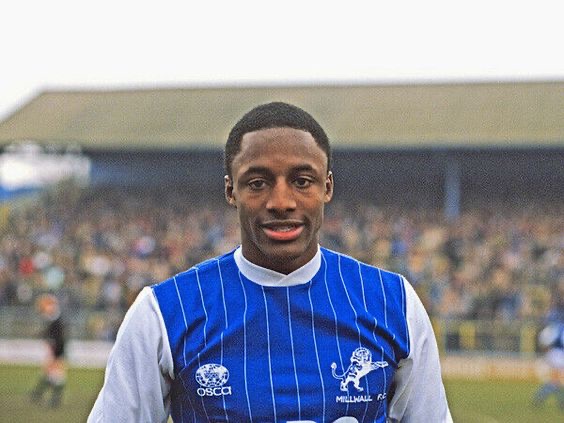
The striker, who was brought into Nigeria by the late businessman Moshood Abiola, revealed that he did not want to ask Abiola for help and had to return to England disappointed.
He recalled coming back to camp two more times but said the same demands were made again. By the third time, he admitted he was desperate and even offered to pay after he had earned his match appearance money, but his plea was rejected.
“The third time, and I begged this man, I will give you the money when I’ve done my appearances and I get paid, promise you, I will pay you. He said no, John Fashanu we can’t do it like that.
He said, ‘Do you not think these players have not paid themselves?’ That shattered my belief. That’s not football.”
Fashanu eventually chose England and made two appearances for the Three Lions in 1989. He has since gone on to work in television and business, but his story adds to the long-running complaints about alleged bribes and unfair selections in Nigerian football.



